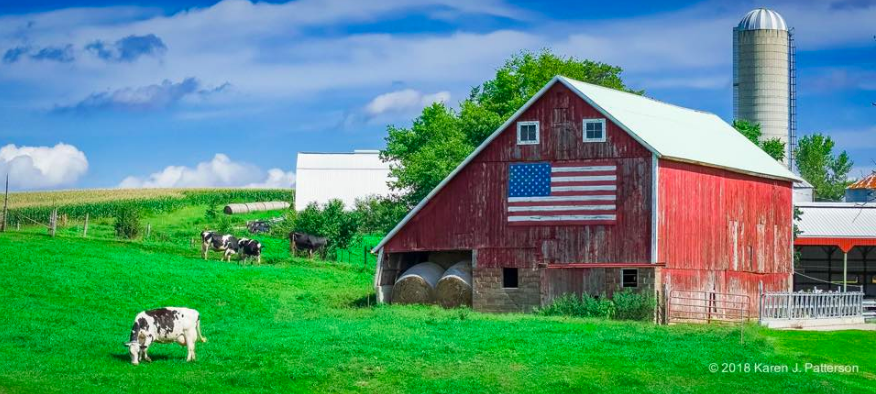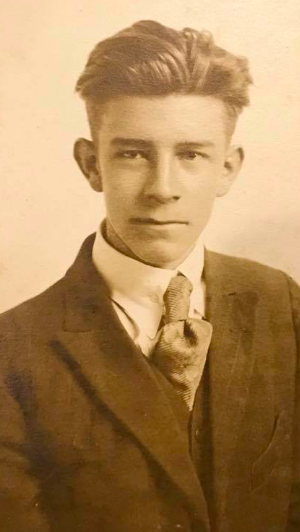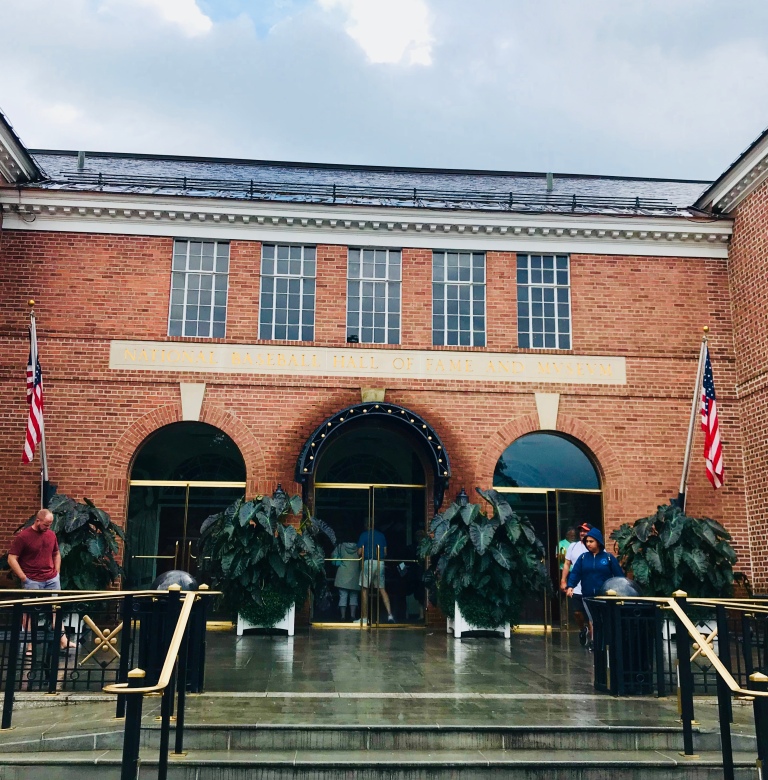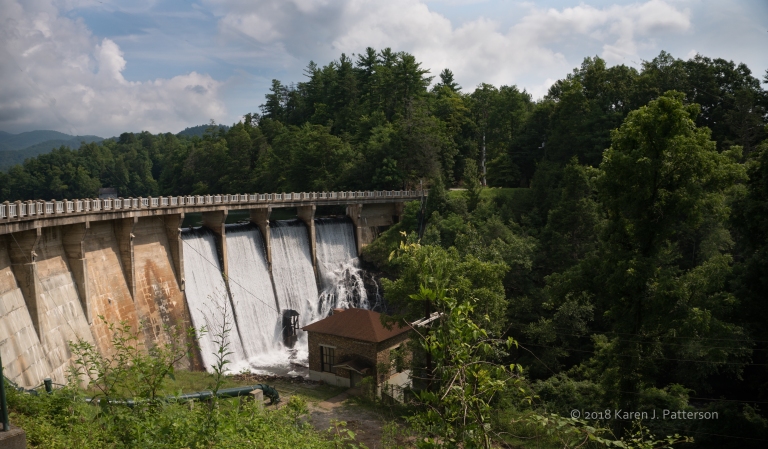 I met Baron Batch in his split-level loft in the arts district in downtown Pittsburgh in August. He was exceedingly pleasant, his demeanor accentuated by a soft voice and an occasional chuckle, over what I do not remember. I tried to coax a few memories from him. No luck. He’s 30 now, and several years ago had some memorable seasons as a running back in high school and college. Only a torn ACL, in his first NFL preseason with the Pittsburgh Steelers, would stop additional stories of gridiron glory.
I met Baron Batch in his split-level loft in the arts district in downtown Pittsburgh in August. He was exceedingly pleasant, his demeanor accentuated by a soft voice and an occasional chuckle, over what I do not remember. I tried to coax a few memories from him. No luck. He’s 30 now, and several years ago had some memorable seasons as a running back in high school and college. Only a torn ACL, in his first NFL preseason with the Pittsburgh Steelers, would stop additional stories of gridiron glory.
Talking to Baron, it’s clear there are no regrets. Any experiences that happened to him in the past are but blinks of an eye in his brief and unassuming life. He’s quite blunt about it: his past football successes have little if anything to do with who he is today except for the fact that all those yesterdays, when stitched together, are just that: small threads that have created someone entirely different.
In the Fall of 2010, while still a student athlete at Texas Tech, Baron, a self-described non-writer who says he really disliked high school English class, wrote a newspaper piece called “When Ripples Collide.” It’s a true story about how everything fits together just so, how one action leads to another, then another, then another. In Baron’s story, several occurrences, at first disjointed and seemingly inconsequential, came together in a dramatic, life-altering way. And it all started with Ripple 1, as he called it.
In the piece, he writes of how a man approached him in a Lubbock grocery store and credited him with saving his life – all because of his article about playing football for Texas Tech – and about never quitting – appeared in a Wednesday newspaper, instead of in a Thursday edition, which had been his preferred day of the week when talks began with the Lubbock Avalanche-Journal. The man in the market told Baron he had laid that Wednesday’s newspaper on the floor – the one with his article about not quitting — so the blood would be easier to clean up after he had shot himself – which he intended to do on the same Wednesday the piece was published (You can read the article here: https://www.mrt.com/…/Baron-Batch-When-ripples-collide-7432…)
***
When I visited Baron, I expected him to share some thoughts about his days as a player first and then as a writer. But he has removed himself from both of those pieces of his past and has instead wrapped himself around a spirituality that is both intricate and simple.
Almost two hours into our talk – the first interview he had given in several months – I was still searching for an angle. Often, people will share a story and give some small insight into their past or present and the story will write itself. Not so Baron. Almost two months after our talk, he remains the most difficult interview I’ve had in almost 35 years of doing this. I had no idea why I was there or what I was going to write.
But here’s the deal: One thing that has remained with me since that day is this: Baron has totally surrendered himself to the now. He has an uncanny ability to shun the past, ignore the future, and grasp the joy inherent in his ability to compartmentalize each … individual … moment, one at a time.
When we were finished talking, I left bewildered. Baron gave me a quick guy-hug as I left. His hospitality was endearing and genuine, his sincerity and transparency refreshing yet confusing. Seldom have I spoken with someone both friendly and almost completely impenetrable. But there just didn’t seem to be a story there. Or at least not one I could effectively tell.
Days passed. No ideas for what I was going to write about sparked. Weeks went by. Nada. A month after our interview, a text: “I apologize for not having written anything. I assure you I was not misrepresenting myself during our visit.” A simple reply: “Thanks, Jimmy.”
And then I saw the rocks in South Dakota. Ripple 1.
A park ranger told us the geological formations in Badlands National Park were created 60 million years ago, but in another 100,000-500,000 years they would change their formation first, and then finally disappear entirely because of erosion.
Surely these rocks must be getting a little antsy. In human years, they’re, like, 90 now. Surely the rocks regret that they didn’t properly prepare for the ice age or wildfires or floods or humans for that matter. Especially humans. And surely these rocks must be counting the days until their total demise, that time in their history when they will become a memory and they will be left with only regret that their legacy was not more meaningful to more people.
Humans are the only beings with the ability to ruminate over such stuff I guess. So many of us spend half our time regretting the past and the other half fearing the future, and we are often left with no time to enjoy … the now.
Six months before we started this trip, all I could do was think about it. Now, it is essentially three months from being over and I find myself over-thinking about what comes next when normal life resumes. There is precious little time remaining to enjoy today’s little moments.
This is not a problem unique to any of us. Unless your name is Baron Batch, many people suffer from an inability to focus on the present for any length of time, especially in a fulfilling way. Moving from moment to moment with joy and without worry or regret eludes millions.
Two quotes, somewhat similar: Karen said the other day that, “From the moment we’re born, we start dying.” That holds true for Badlands rocks and humans and everything in between.
Second quote: In one of the best lines to ever bleed from Larry McMurtry’s pen, Augustus McRae told Captain Call, “It ain’t dyin’ I’m talkin’ about, Woodrow, it’s livin’.”
Too many folks turn good times into worry time. And when good time becomes worry time, it becomes a moment we not only fail to live but a moment we begin to die a little quicker. Trust me, just because I sit here writing all fancy about how we should worry less and live more does not mean I go out and do it every day. I’m more worrier like mom and less warrior like my WW2 Navy veteran dad.
It’s one thing to write nice thoughts. It’s quite another to actually go out and live them. So don’t do what I do. Do what Baron Batch does: Live the moments. Revel in them. Seek joy from them. Turn “Time’s a wastin’ ” into “Never enough hours in the day.”
Don’t get to the end of the day and wonder what you could have done to make it better. Instead, make it better so that at the end of the day you can look back on it in wonder.
Photo of Baron Batch at his Pittsburgh home.


 By Jimmy Patterson
By Jimmy Patterson But regardless of what’s ahead, what we have just experienced in the last ten days has enriched all that we have done to this point and all that lies ahead. In fact, on no less than 10 occasions since leaving Midland, we have been able to spend time with family members — immediate family in Texas; a cousin, aunt and in-laws in Oklahoma; Karen’s mom and dad in Florida; a nephew in Maine; more cousins in Chicagoland; a dear friend in Maryland and another in Las Vegas. We just finished a fast and furious run through each of the Ohio Pattersons, now spread from Cleveland to Minneapolis: five cousins (all brothers and sisters), and their spouses, and a beloved aunt. Many of them we haven’t seen in years, and many Karen had only heard about and never met.
But regardless of what’s ahead, what we have just experienced in the last ten days has enriched all that we have done to this point and all that lies ahead. In fact, on no less than 10 occasions since leaving Midland, we have been able to spend time with family members — immediate family in Texas; a cousin, aunt and in-laws in Oklahoma; Karen’s mom and dad in Florida; a nephew in Maine; more cousins in Chicagoland; a dear friend in Maryland and another in Las Vegas. We just finished a fast and furious run through each of the Ohio Pattersons, now spread from Cleveland to Minneapolis: five cousins (all brothers and sisters), and their spouses, and a beloved aunt. Many of them we haven’t seen in years, and many Karen had only heard about and never met.
 -jp-
-jp-